The European Union may soon begin establishing migrant reception centers outside its borders, a measure advocated by Swedish Prime Minister Ulf Kristersson to address the situation of rejected asylum seekers. This initiative, which could come into effect as early as March, aims to reduce the number of irregular migrants who remain in EU territory despite their asylum applications being turned down, writes the international V4NA news agency.
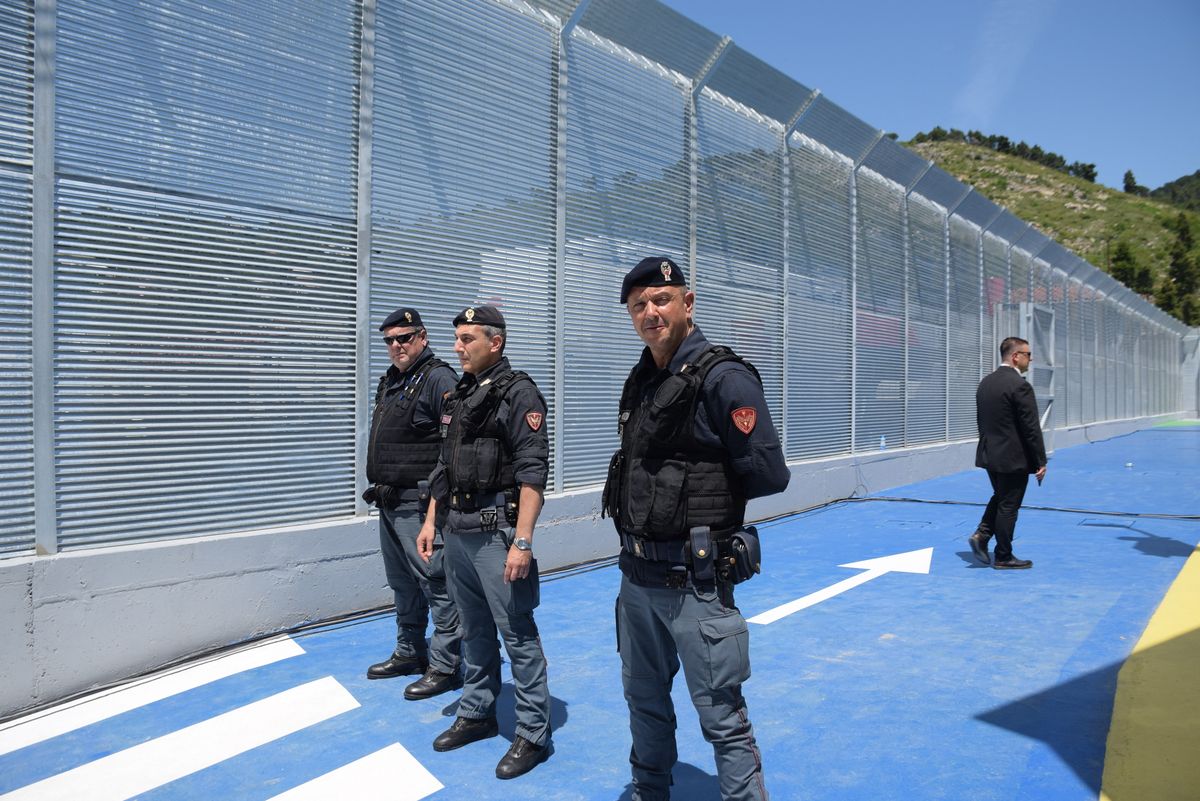
These centres would accommodate rejected asylum seekers until their return is arranged. PM Kristersson believes that such facilities would act as a deterrent to those with slim chances of having their asylum requests approved.
As is known, Hungarian Prime Minister Viktor Orban has upheld for years the same position that Sweden and several other member states are now contemplating. The key difference is that Hungary and Poland have been repeatedly penalised by Brussels for this stance. Yet now, as the migration crisis worsens, more member states agree with this approach. Besides Sweden, Greece, Austria, Romania, Slovakia, and Denmark also support the idea that migrants should wait outside the EU in order to curb migration. Recently, Germany’s Christian Democratic Union (CDU) has also begun to campaign on the need to end migratory pressure, though it remains unclear whether Friedrich Merz’s party has found a high-profile campaign tactic or genuinely intends to do something if it wins the upcoming snap election.
EU statistics reveal that only around 20 percent of rejected migrants are leaving the EU's territory, creating significant issues as many remain illegally, often working in the black market or engaging in other unlawful activities. Meanwhile, organizations linked to George Soros are working hard to prevent migrants from being required to wait outside the EU. Groups such as Amnesty International have raised concerns about the proposed return centres, arguing that they could conflict with EU and international law. This resistance is unsurprising, as the pseudo-NGOs in Soros's empire have been facilitating mass migration across Europe since 2015. Even today, these organisations continue their efforts to bring as many illegal migrants as possible to pro-migration European countries.
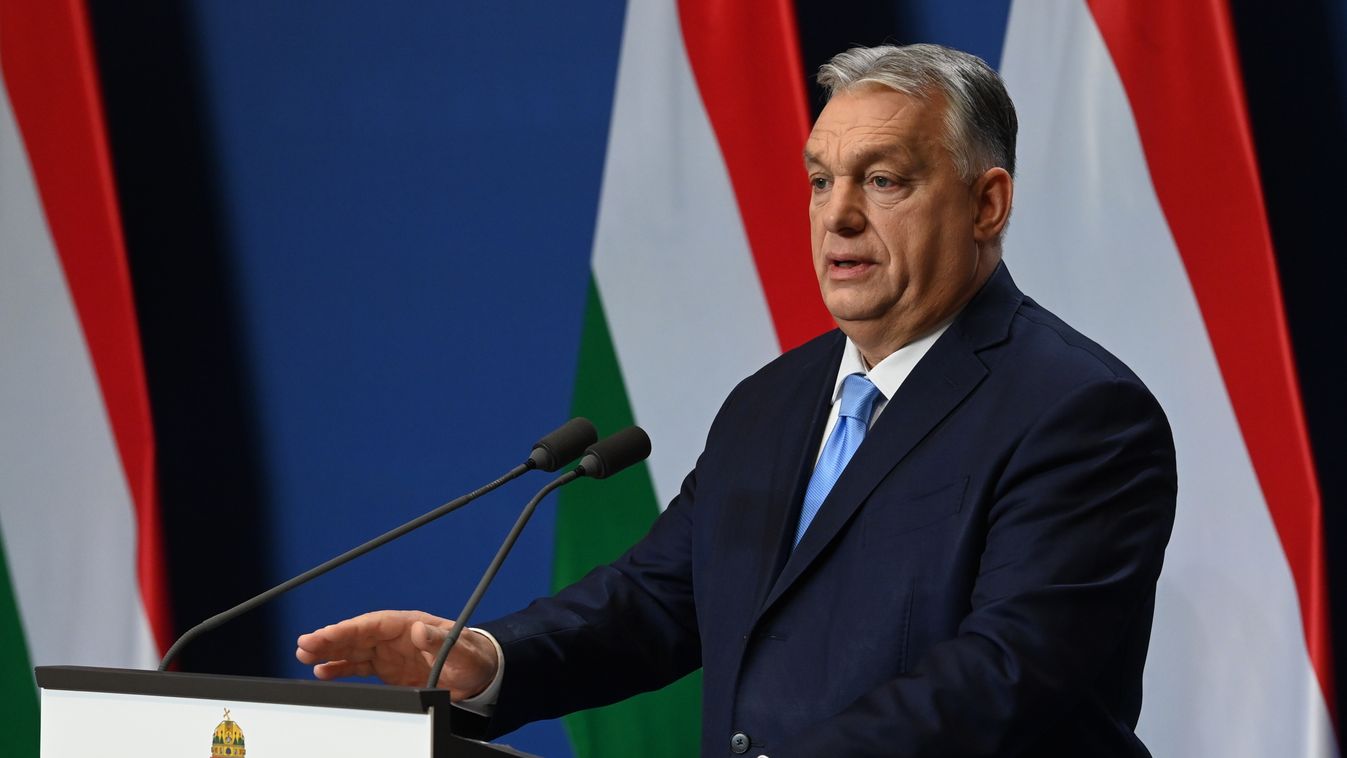















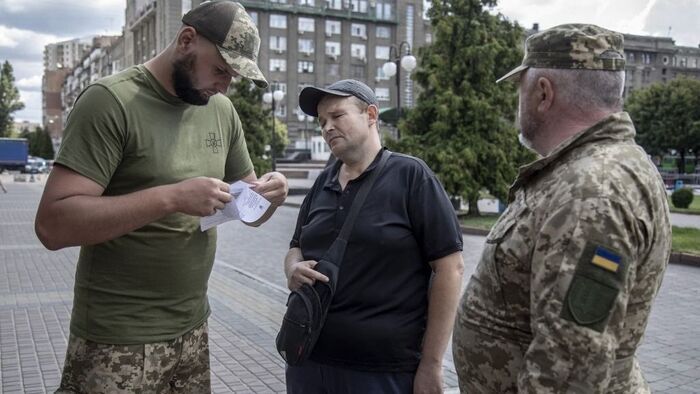
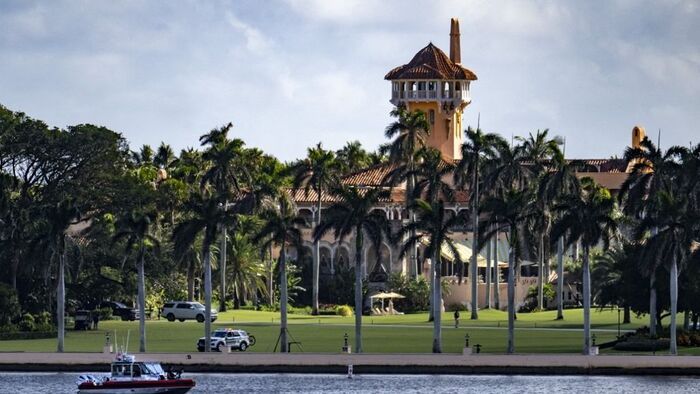
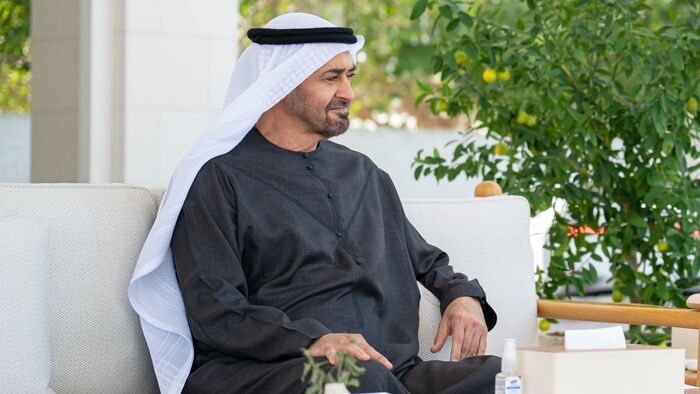





Szóljon hozzá!
Jelenleg csak a hozzászólások egy kis részét látja. Hozzászóláshoz és a további kommentek megtekintéséhez lépjen be, vagy regisztráljon!